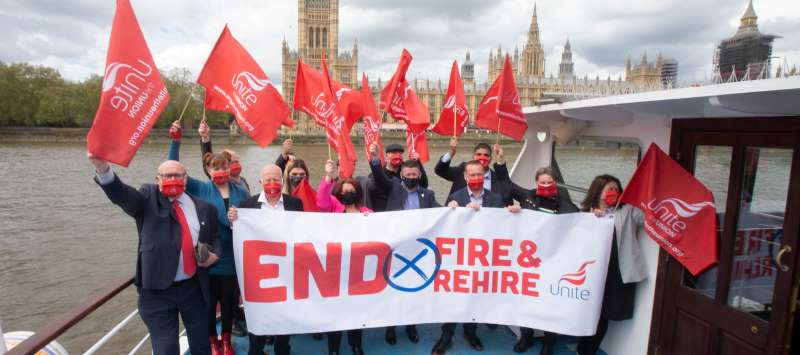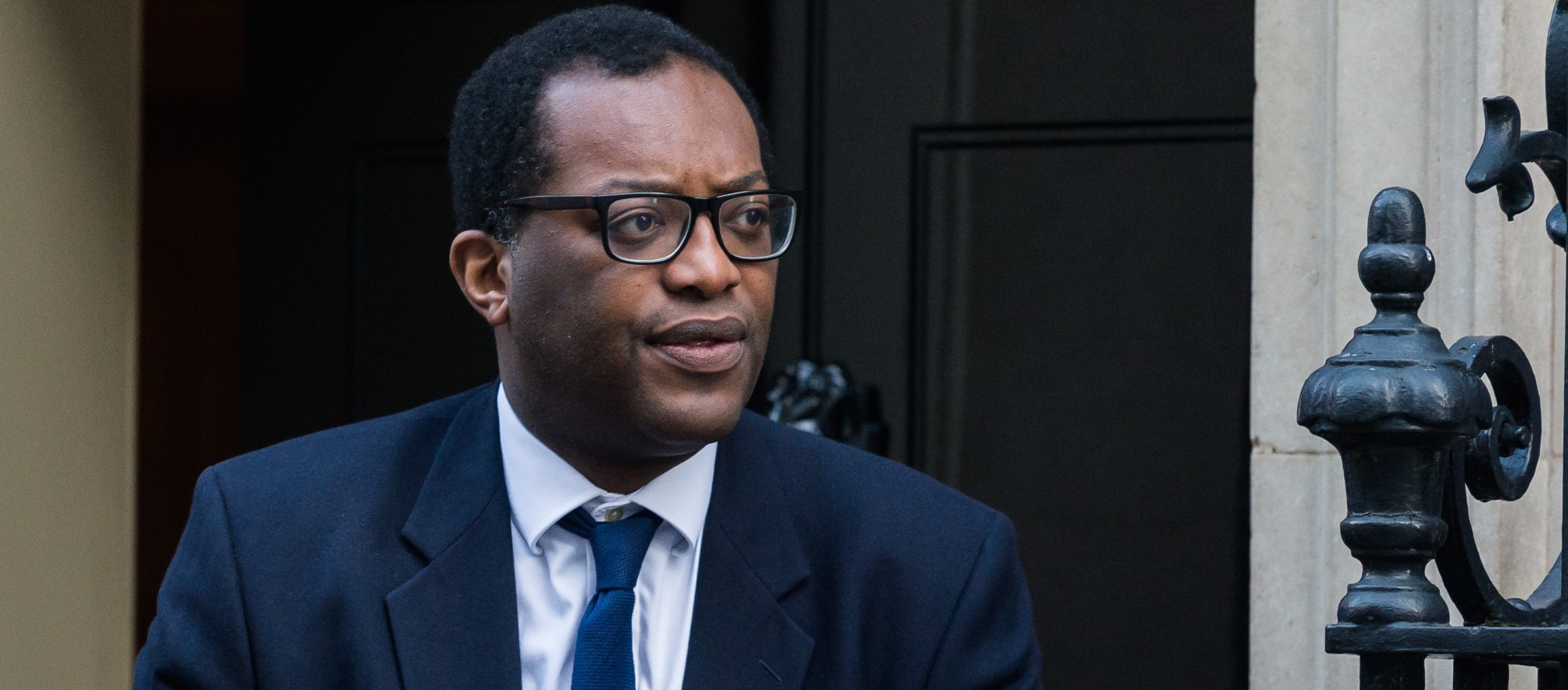Big Boss becomes Big Brother
Bosses can now spy on their workers’ electronic communications, following a landmark decision by the European Court of Human Rights (ECHR) on Wednesday (January 13).
Any form of communication sent on company-owned devices, including computers or mobile phones, is fair game for employers to monitor, after ECHR judges ruled against a Romanian engineer who had brought his case before the European court, arguing that his employer had breached his human right to privacy.
Bogdan BÄrbulescu was sacked in 2007 after he had used a Yahoo Messenger account at work to send personal messages to his fiancĂ©e and brother.
BÄrbulescu’s employer presented the engineer with a 45-page printout of all his personal communications using the Yahoo account he had been asked to set up to chat with professional clients. The messages, which were distributed to other employees, included intimate discussions about BÄrbulescu’s sexual health and other private matters.
But the ECHR ruled on Wednesday that it was “not unreasonable for an employer to want to verify that the employees are completing their professional tasks during working hours.”
Only one of the eight judges disagreed with the final ruling.
“Workers do not abandon their right to privacy and data protection every morning at the doors of the workplace,” the dissenting judge noted. “Even where there exist suspicions of cyberslacking [or] diversion of the employer’s IT resources for personal purposes … the employer’s right to interfere with the employee’s communications is not unrestricted.”
Bad for business
TUC general secretary Frances O’Grady argued that company snooping is not only breaching employees’ privacy but it’s also bad for business.
“Big brother bosses do not get the best out of their employees,” she said. “Staff who are being snooped on are less productive and less healthy.
“British workers put in billions worth of unpaid overtime every year,” O’Grady added. “They shouldn’t be punished for occasionally checking private emails and going on social media. “
The Chartered Institute of Personnel and Development (CIPD)’s head of public policy Ben Wilmott agreed.
“The line between work and personal life is becoming increasingly blurred. We know that the working day rarely fits into a nine-to-five mould anymore,” he said.
“Employees often respond to work emails on personal devices outside of usual working hours so it makes sense that, on occasion, they may want to engage in social correspondence during the working day on a work device.”
Big Brother Watch chief executive Renate Samson argued that employers must be clear about their policies regarding communication using company property.
“None of us should ever assume that what we do online during work hours or when using devices owned by our employer such as computers, tablets or mobile phones, is private, but equally no employee should be in fear of being monitored by their boss,” Samson said.
“Companies must be clear with their staff about what they consider acceptable in terms of accessing the internet or using work devices.”
The ruling comes against a backdrop of increasingly pervasive worker surveillance.
Most recently, the Daily Telegraph installed monitoring devices underneath employees’ desks earlier this week which track heat and movement generated by workers’ legs. The devices would be able to alert bosses whether or not employees were at their desks at any given point in time, but the monitoring boxes were quickly removed after Telegraph staff leaked the story to BuzzFeed.
Blacklisted
As 600 construction workers’ legal claim in high court continues, more evidence has been shed on the police service’s complicity in spying on trade unionists and then submitting information to employers who included these workers on a blacklist. Many construction workers who were blacklisted were unable to secure work for years.
And now, home secretary Theresa May has unveiled further details of her “snooper’s charter”, announcing Wednesday (January 13) that coffee shops providing WiFi may be required to store internet data.
Unite political director Jennie Formby explained earlier this year how the snooper’s charter would further enable mass surveillance of workers and trade unionists on the scale of the blacklisting scandal.
“Mass surveillance of the kind proposed by the snoopers’ charter could be used to gather information on the plans and strategies of unions, such as upcoming strike actions, with the deliberate intention of disadvantaging unions in negotiations and allowing the authorities to block their plans,” she noted.
“It could also be used to collect information about those trade union leaders the authorities wish to undermine or silence.
“And we shouldn’t ignore the potential for the compilation of further blacklists by employers across other industries, by the illicit sharing with employers of information gathered on union members by the security services,” Formby added.
 Like
Like Follow
Follow


